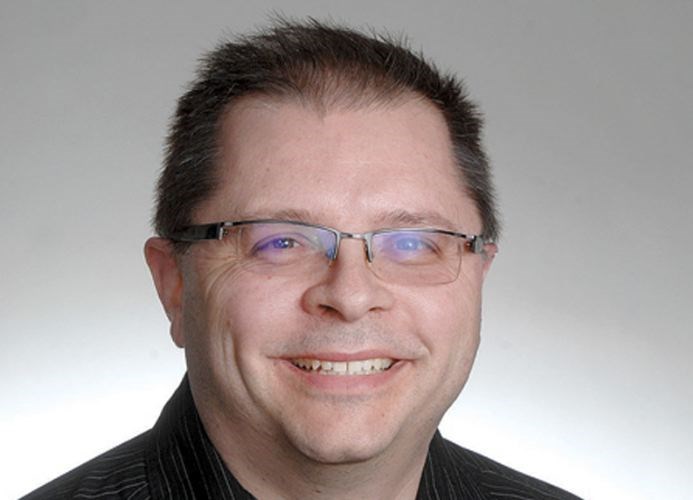The buzz is building up for next month's municipal elections but only the crickets seem to be chatting about the referendum in Prince George on the continued inclusion or the immediate removal of fluoride in the city's drinking water.
Well, the crickets and the few but passionate individuals on both sides of this thorny debate. Today, on page 17, The Citizen has devoted a page to allow two Prince George residents - UNBC professor Todd Whitcombe and Ave Maria co-owner Dave Fuller - to make their case for and against fluoride. Dave and Todd have plenty in common. They are both intelligent, articulate men who care about Prince and the health and safety of its residents. They also completely disagree on the issue of fluoridation in public drinking water.
Both make passionate and well-argued cases, backed with evidence, but come to entirely opposite conclusions. Both leave the final decision to the voters to make the right choice on their ballot.
This is the most amazing component of a working democracy and a free society. Rational adults can share their thoughts and beliefs with other rational adults in hopes of convincing them to make certain choices. Residents are then free to make those choices at a polling station. They don't have to reveal their choice to either Todd or Dave or anyone else and even if they did, they do not have to explain themselves. Together, as a community, we will decide whether fluoride belongs in our drinking water.
Most importantly, neither Dave nor Todd resort to name-calling and they reserve any belittling to the argument, instead of directing it at the individual. Put another way, both men respect the other man and his right to be wrong. Sadly, much of the discussion on the fluoride issue hasn't been so polite. Those in favour of the continued practice of adding fluoride into public drinking water are dismissive of anyone who disagree with them as uneducated Luddites who embrace conspiracy theories instead of science and modern medicine. Those opposed to fluoride have called out their opponents for intentionally poisoning entire civilian populations in the name of dentistry and public health.
In that way, the fluoride debate is identical to the debate over climate change, with name calling and mud slinging a much simpler way to settle an issue that requires careful consideration of the complicated scientific evidence. Both sides of the climate change debate agree that climate change has happened before and will happen again but they are divided on the degree that climate change is happening today and to what degree man-made emissions of carbon dioxide are responsible. Both sides of the fluoride debate agree that fluoride is good for healthy teeth but they disagree on the benefits and harms of adding fluoride to drinking water.
Unlike the abortion debate, which is a live-or-die question with little room for compromise, both fluoride and climate change leave room for the pragmatist, who would cheerfully settle the climate change debate by reducing carbon dioxide emissions but not reduce the use of fossil fuels. In other words, industry and populations can burn as much oil and coal as they want, so long as they find ways to reduce the harmful side effects.
The same pragmatist would simply reduce the amount of fluoride going into the drinking water and not reduce the amount of available drinking water, leaving it up to individuals to drink as much or as little water out of the tap as they like.
Perhaps that would have been the best solution all along when it comes to fluoride but that's not the question before voters on Nov. 15.



